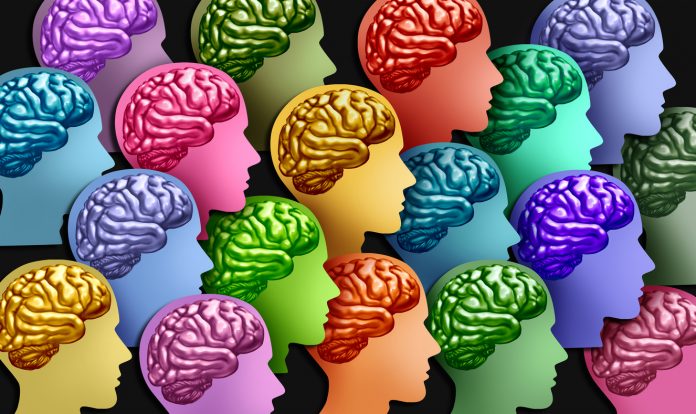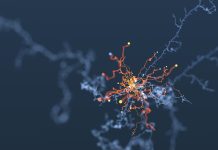Neurodiversity Celebration Week 2024 runs from 18-24 March 2024; this week is organised to raise awareness of neurodiversity and to help spread the understanding that there is no right way for a brain to work
In the UK, it is estimated that 1 in 7 people are neurodivergent, which is over 15%. This means the brain functions and processes information differently than what is considered the norm.
Those with different neurodivergent conditions may react to situations or process data differently than the general population. This can be considered a weakness—but this week is encouraging people to view it as a strength.
But are all neurodiverse people experiencing the same thing? Not according to new research.
The different experiences of people who are neurodivergent
A study from the University of Birmingham looks at the different experiences of neurodiversity among adults in the UK.
The research examines individual experience traits associated with neurodevelopmental conditions such as ADHD, autism, dyslexia, and dyspraxia. Led by Professor Ian Apperly, Director of the Centre for Developmental Science, the study examined the experiences of 1,000 adults aged 18-70 from the UK population.
Participants were asked to report on characteristics commonly linked with neurodiversity, providing insights into how these traits are displayed across the general population.
The findings revealed a range of experiences and characteristics associated with neurodiversity. High scores in autism-related characteristics were linked with challenges in social interactions, imaginative skills and a preference for routine.
Traits associated with ADHD showed as tendencies for lack of attention, hyperactivity and impulsiveness.
The study identified overlaps among traits associated with different neurodivergent conditions. People reporting high characteristics for one condition often showed traits associated with others.
This suggests a complicated link of traits across various neurodivergent conditions.
Certain neurodiverse traits are condition and person-specific
The research also revealed characteristics specific to certain conditions. Despite the overlap, there were unique features associated with autism, ADHD, dyslexia, and dyspraxia.
Professor Apperly emphasised the importance of understanding the underlying causes behind these traits.
While some traits may be shared across conditions, their origins may differ from one individual to another. For instance, people could exhibit autistic traits without showing high overall neurodivergent characteristics.
This study represents the largest examination to date of neurodiversity among UK adults. It provides critical data and a framework for understanding the complexity of neurodevelopmental conditions in the general population.
Professor Apperly emphasised the significance of these findings in understanding individuals with neurodivergent traits. By unravelling the complexities of neurodiversity, the research aims to inform future studies and improve support systems for individuals with neurodevelopmental conditions.
Neurodiversity celebration week
Neurodiversity Celebration Week is focused on raising awareness around neurodiversity and celebrating the strengths that come with being neurodiverse. The key goal of this week is to challenge stereotypes and misconceptions about neurodivergent differences. It also promotes understanding of those with neurodivergence both within the general population and within the workplace.
Events are also held throughout this week, including inspirational speakers from a range of backgrounds and professions. Discussions will involve neurodivergent topics, which will help to educate people about neurodiversity.
Editor's Recommended Articles
-
Must Read >> New AI system can diagnose Autism earlier














